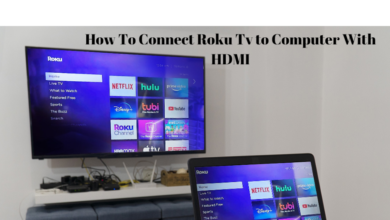
ZUCKERBERG SAYS WHATSAPP BUSINESS CHAT WILL DRIVE SALES SOONER THAN METAVERSE
ZUCKERBERG SAYS WHATSAPP BUSINESS CHAT WILL DRIVE SALES SOONER THAN METAVERSE
Mark Zuckerberg, the chief executive of Meta Platforms Inc, assured staff on Thursday that the company’s next wave of revenue growth will be driven by WhatsApp and Messenger in an effort to allay financial worries following its first round of mass layoffs.
A week after Meta said it would lay off 11,000 employees, Zuckerberg responded to hard questions at a company-wide meeting by describing the two messaging apps as being “extremely early in monetizing” in comparison to its advertising juggernauts Facebook and Instagram, comments heard by Reuters.
As we seek to monetize WhatsApp and Messenger more, he continued, “We speak a lot about the really long-term potential like the metaverse, but the fact is that business messaging is probably going to be the next significant pillar of our company.”
Some customers may communicate and do business with businesses via chat applications thanks to Meta, including a new feature unveiled on Thursday in Brazil. When contacted for comment over the internal forum on Thursday, the company did not answer right away.
Since announcing a long-term goal to develop an immersive metaverse last year, Zuckerberg has substantially invested in extended reality hardware and software. His statements there indicate a change in tone and emphasis. As Meta’s primary advertising business has suffered this year, more than halving its stock price, investors have questioned the prudence of that choice.
In his address to staff members, Zuckerberg downplayed the amount of money the business was investing in Reality Labs, the department in charge of its efforts in the metaverse.
According to him, capital investments were Meta’s second-largest expense, with the great majority going to infrastructure to support its family of social networking applications. Personnel costs were Meta’s top expense. Reality Labs received almost 20% of the funding allocated to Meta.
With smart glasses, products continuing to develop “over the next several years” and some “really outstanding” AR glasses later in the decade, Reality Labs was spending more than half of its money on augmented reality (AR), according to Zuckerberg.
In some respects, he added, “this work is the most difficult, but I also think it’s the most valuable prospective element of the job over time.”
Reality Labs received almost 20% of the funding allocated to Meta. With smart glasses, products continuing to develop “over the next several years” and some “really outstanding” AR glasses later in the decade, Reality Labs was spending more than half of its money on augmented reality (AR), according to Zuckerberg.
In some respects, he added, “this work is the most difficult, but I also think it’s the most valuable prospective element of the job over time.”Virtual reality accounted for about 40% of Reality Labs’ spending, while futuristic social platforms like the virtual world it calls Horizon received about 10%.
Reality Labs’ chief technology officer Andrew Bosworth remarked that in order for AR glasses to attract potential consumers and pass a higher standard for beauty, they must be more functional than mobile phones. Bosworth stated that he was hesitant to create “industrial applications” for the gadgets, referring to such as “niche,” and instead intended to concentrate on creating for a large audience.



